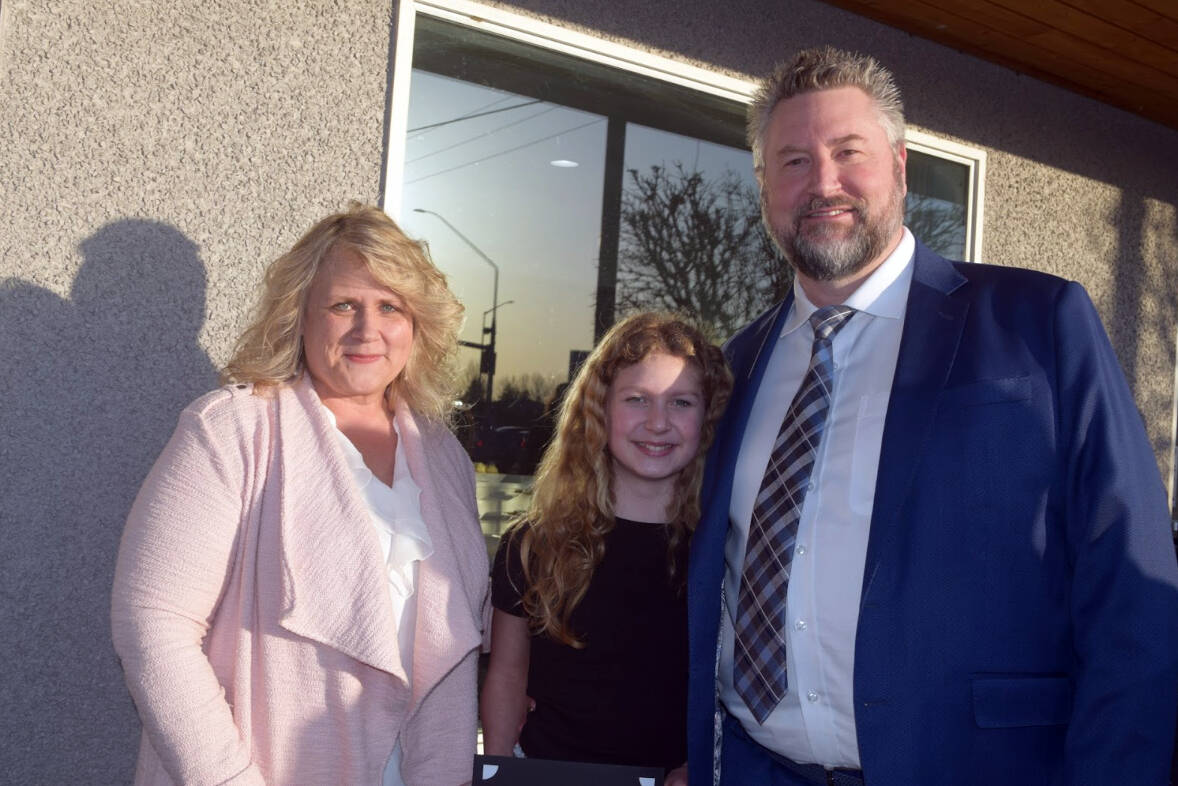News

Police bust mother, daughter in Kent for retail crime spree
Two reportedly joined one other woman in 3-state crime ring taking women’s clothing from Lululemon

Reith Road in Kent to get two new roundabouts this year
City Council approves $4.28 million bid; project to start in late May or early June
Business

Kent-based Stoke Space names retired US Space Force leader to board
Lt. Gen. John E Shaw appointed to Board of Directors
City of Kent again looking for new tenant at Riverbend restaurant
Kent-based Blue Origin announces crew for next space flight
Kent-based Blue Origin announces crew for next space flight
Kent man among 40 Under 40 honorees by Puget Sound Business Journal
Black Press Media concludes transition of ownership
Sports

Kent Reporter Female Athlete of the Week: Nashayla Fellows
Fellows has a top ten mark in the entire state for discus and shot put.

Kent Reporter Male Athlete of the Week: Theo Carter
Carter has a top five time in the 400 and 800 in league.
Life

Healthy Kids Day free event coming up April 20 at Kent YMCA
Activities to include face painting, bounce house and dodgeball
City of Kent offers space festival for families May 4 at ShoWare Center
Kent-based Theatre Battery seeks performers for ‘Romeo and Juliet’
Return of ‘Kent Has Talent’ show postponed to fall from May
Kent Station to host Easter Egg Hunt on Saturday, March 30
Major $2.9 million renovation coming to Kent’s Springwood Park
Opinion
If you’re right, and you know it, then read this | Whale’s Tales
As the poet Theodore Roethke once wrote: “In a dark time the eye begins to see…”
sponsored
New Iddins Injury Law Practice celebrates with official ribbon cutting
April 1, 2024
sponsored
As the need for data increases in ever-connected households in Kent, Xfinity…
March 7, 2024
sponsored
Expanding law group opens new office exclusively focused on personal injury +…
December 18, 2023
sponsored
The holidays are here again and present us with the perfect opportunity…
December 11, 2023
Northwest

Extended-stay hotel breaks ground in Renton
LivAway Suites to be built near Topgolf, Boeing and The Landing.
Most Read




